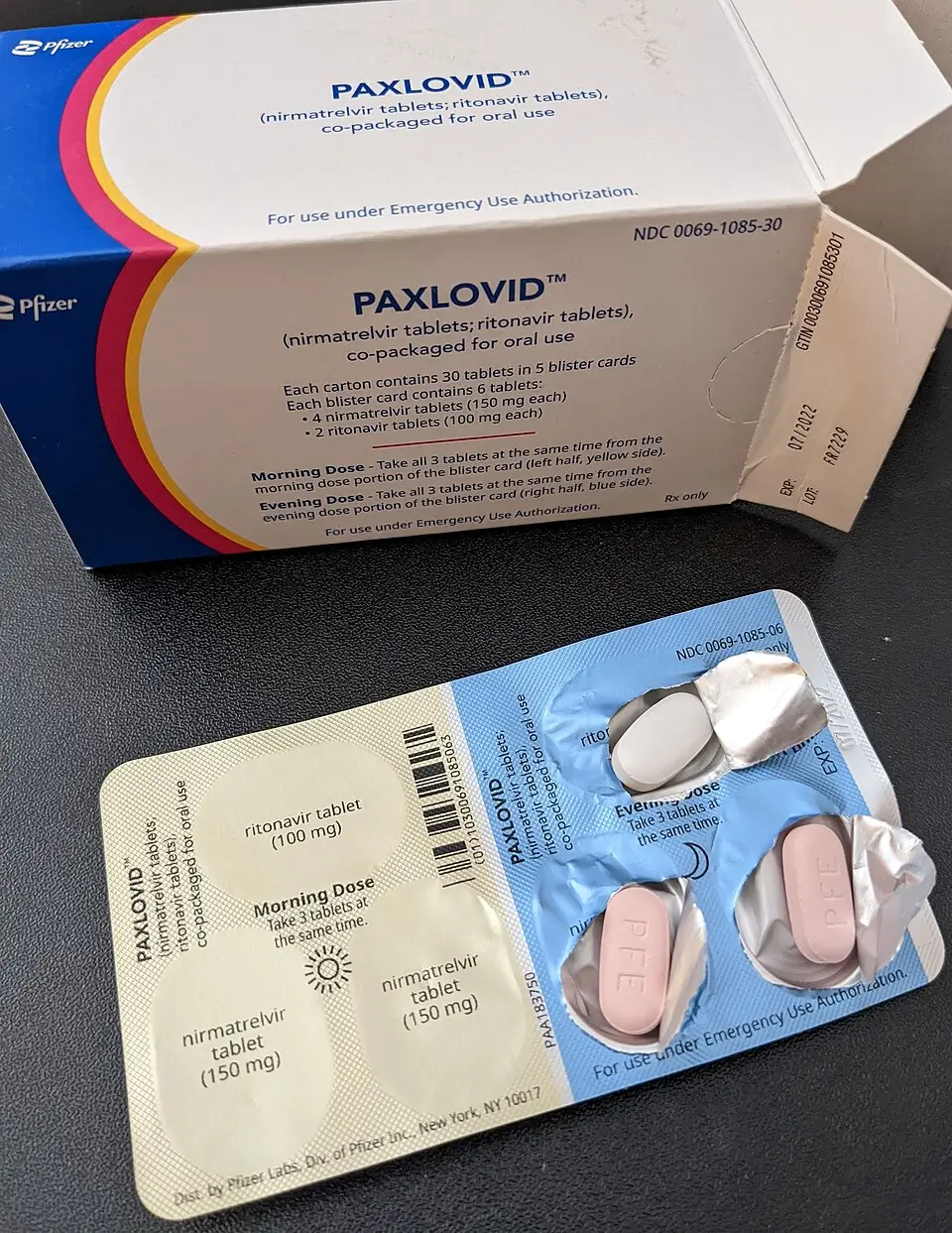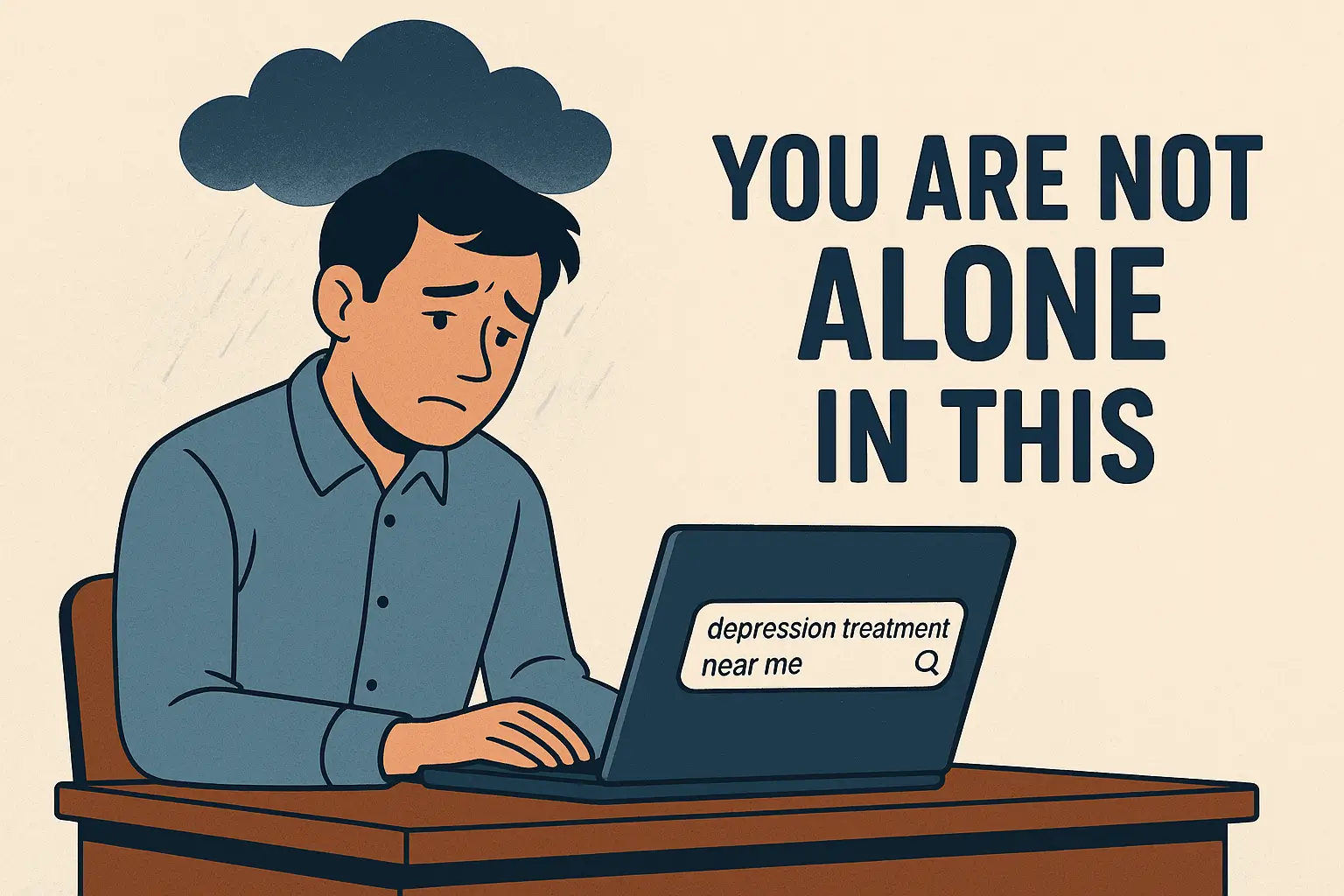The Journey of Addiction Recovery
Embarking on the path of addiction recovery is a transformative journey that requires dedication, strength, and resilience. During this process, individuals often encounter various challenges, one of which is boredom. Understanding the impact of boredom in addiction recovery and the importance of finding healthy ways to overcome it is crucial for long-term success. Fighting against boredom is often something that pops up throughout recovery and developing these tools takes time. Often long-term treatment can address this best as it will give you practice as this comes up in a structured environment with support around you. Here is a great video on this topic.
Understanding Boredom in Addiction Recovery
Many in early recovery often think things like "Life is Boring Without Drugs." In addiction recovery, boredom can surface as a common emotion. After years of relying on substances or engaging in addictive behaviors, individuals may find themselves at a loss when facing idle or unstructured time. Boredom can trigger feelings of restlessness, dissatisfaction, and even cravings, making it a potential risk factor for relapse.
Moreover, boredom can stem from the absence of the excitement and stimulation that addiction once provided. When life feels monotonous, individuals in recovery may long for the intensity or escape they once sought from substances. Recognizing the role of boredom in addiction recovery is an essential step in addressing its potential impact on well-being and progress.
Importance of Finding Healthy Ways to Beat Boredom
Finding healthy ways to beat boredom is vital for individuals in addiction recovery. By engaging in positive and fulfilling activities, individuals can redirect their focus, occupy their time, and develop new coping strategies. These activities help to reintroduce joy, purpose, and a sense of fulfillment into their lives.
It's important to note that healthy ways to beat boredom vary for each individual. What works for one person may not work for another. Therefore, it's crucial to explore different options and discover activities that resonate with personal interests, values, and goals.
By actively pursuing healthy ways to beat boredom, individuals in addiction recovery can:
- Maintain focus on their recovery journey.
- Distract themselves from cravings and triggers.
- Cultivate a sense of purpose and fulfillment.
- Improve overall well-being and mental health.
- Develop new skills and interests.
- Foster a positive and balanced lifestyle.
In the following sections, we will explore various techniques and activities that can help individuals in addiction recovery beat boredom. By incorporating these activities into their daily lives, individuals can enhance their recovery experience and create a fulfilling, substance-free future.
Techniques to Beat Boredom in Addiction Recovery
Recovering from addiction can sometimes lead to feelings of boredom, as individuals adjust to a new lifestyle without substances. It is important to find healthy ways to combat this boredom to maintain a successful recovery journey. Here are three effective techniques to beat boredom in addiction recovery:
Engaging in Physical Activities
Physical activities not only help to pass the time but also provide numerous benefits for both physical and mental well-being. Engaging in regular exercise can boost mood, reduce stress, and increase energy levels. It can also help individuals establish a new routine and develop healthy habits.
Physical Activity and Benefits
Walking or Jogging: Improves cardiovascular health and enhances mood
Yoga or Pilates: Increases flexibility, reduces stress, and promotes mindfulness
Group Sports: Builds social connections and improves overall fitness
By incorporating physical activities into their daily routine, individuals in addiction recovery can find an enjoyable and productive way to combat boredom while reaping the physical and mental health benefits.

Pursuing Hobbies and Creative Outlets
Pursuing hobbies and creative outlets is another effective way to beat boredom in addiction recovery. Engaging in activities that bring joy and fulfillment not only helps pass the time but also promotes personal growth and self-expression.
Hobbies and Creative Outlets and Benefits
Painting or Drawing: Provides a creative outlet and promotes relaxation
Playing an Instrument: Enhances cognitive skills and fosters self-expression
Cooking or Baking: Improves culinary skills and encourages healthy eating habits
Discovering new hobbies or reigniting old passions can be a rewarding experience during addiction recovery. These activities can provide a sense of purpose and accomplishment, helping individuals to stay motivated and focused on their journey.
Connecting with Support Groups and Communities
Building a strong support system is crucial for successful addiction recovery. Connecting with support groups and communities allows individuals to share their experiences, seek guidance, and find understanding from others who have gone through similar challenges.
Support Groups and Communities and Benefits
12-Step Programs: Provides a structured recovery framework and fellowship
Online Forums: Offers a platform for anonymous support and advice
Volunteer Organizations: Fosters a sense of purpose and community involvement
By actively participating in support groups and communities, individuals can combat boredom by engaging in meaningful conversations, sharing insights, and forming new friendships with like-minded individuals who are also on the path to recovery.
By incorporating these techniques into their daily lives, individuals in addiction recovery can effectively beat boredom while fostering personal growth, maintaining sobriety, and enjoying a fulfilling life in recovery.
Exploring New Experiences
Recovering from addiction involves more than just abstaining from substance use. It requires finding healthy and fulfilling activities to replace the void left by addiction. Exploring new experiences is an effective way to beat boredom and discover the joy of sober living. Here are three techniques to consider:
Trying New Sports or Fitness Activities
Engaging in sports or fitness activities not only promotes physical well-being but also provides a sense of accomplishment and enjoyment. Trying new sports or fitness activities can help break the monotony of daily life and stimulate the mind and body.
Sports/Fitness Activity and Benefits
Swimming: Low-impact exercise that improves cardiovascular health
Yoga: Enhances flexibility, strength, and mental well-being
Cycling: Builds endurance, strengthens muscles, and boosts mood
Hiking: Provides an opportunity to connect with nature and relieve stress
Learning a New Skill or Hobby
Learning a new skill or hobby is a great way to channel your energy and develop new interests. It not only helps to beat boredom but also boosts self-confidence and provides a sense of achievement. Consider exploring different hobbies or skills that align with your interests and passions.
Skill/Hobby and Benefits
Painting/Drawing: Enhances creativity and promotes relaxation
Playing a Musical Instrument: Improves cognitive skills and provides a creative outlet
Cooking/Baking: Encourages mindfulness and allows for self-expression
Photography: Provides an opportunity to explore the world and capture moments
Exploring Nature and Outdoor Activities
Spending time in nature and engaging in outdoor activities can have a profound impact on mental well-being and overall recovery. The natural environment offers serenity, fresh air, and a break from the stressors of everyday life. Consider exploring these outdoor activities:
Outdoor Activity and Benefits
Gardening: Promotes relaxation, reduces stress, and fosters a sense of responsibility
Camping: Provides an opportunity to disconnect from technology and reconnect with nature
Birdwatching: Encourages mindfulness, appreciation for wildlife, and a sense of tranquility
Trail Walking/Running: Enhances physical fitness, reduces anxiety, and boosts mood
By exploring new experiences, whether through sports and fitness activities, learning new skills and hobbies, or immersing yourself in nature and outdoor activities, you can beat boredom in addiction recovery. These techniques not only provide a healthy distraction but also contribute to personal growth, self-discovery, and a renewed zest for life.
Nurturing Emotional Well-being
In addiction recovery, nurturing emotional well-being is essential to overcome boredom and maintain a healthy and fulfilling life. Here are three effective techniques to cultivate emotional well-being during the recovery journey.
Practicing Mindfulness and Meditation
Mindfulness and meditation can be powerful tools in managing boredom and promoting emotional well-being. These practices involve focusing one's attention on the present moment, without judgment. By incorporating mindfulness and meditation into daily routines, individuals in recovery can develop a deeper understanding of their emotions and thoughts.
Benefits of Mindfulness and Meditation
- Reduces stress and anxiety
- Enhances self-awareness
- Improves emotional regulation
Engaging in mindfulness exercises, such as deep breathing or body scans, can help individuals become more attuned to their emotions and better equipped to respond to them in a healthy way. Meditation practices, such as guided meditation or loving-kindness meditation, can provide a sense of peace, clarity, and self-compassion.
Engaging in Self-Care Activities
Self-care activities are vital for nurturing emotional well-being in addiction recovery. Taking time to care for oneself can help reduce stress, boost self-esteem, and increase overall happiness. Engaging in activities that promote self-care allows individuals to prioritize their own needs and build a strong foundation for recovery.
Examples of Self-Care Activities
- Practicing relaxation techniques
- Taking bubble baths or showers
- Reading a bookJournaling
- Engaging in hobbies
Building a self-care routine can involve a combination of activities that bring joy, relaxation, and personal fulfillment. It's important to identify activities that resonate with individual preferences and needs. By incorporating regular self-care practices into daily life, individuals can effectively manage boredom and maintain emotional well-being.
Building Strong Relationships and Social Connections
Developing strong relationships and social connections is crucial for emotional well-being during addiction recovery. Connecting with others who understand the journey and can provide support and encouragement can significantly impact one's overall happiness and sense of belonging.
Benefits of Building Strong Relationships
- Provides emotional support
- Reduces feelings of isolation
- Offers opportunities for personal growth
Joining support groups or participating in group therapy sessions can provide a safe space to share experiences, gain insights, and develop meaningful connections. Additionally, building healthy relationships with friends, family, or mentors who support recovery goals can provide a strong support network.
Creating and maintaining social connections also involves engaging in social activities, such as volunteering, attending recovery events, or joining clubs or organizations aligned with personal interests. These activities not only foster connection but also provide opportunities for personal growth and a sense of purpose.
By practicing mindfulness and meditation, engaging in self-care activities, and building strong relationships and social connections, individuals in addiction recovery can nurture their emotional well-being and effectively combat boredom. These techniques contribute to a balanced and fulfilling life, promoting sustained recovery and personal growth.
Overcoming Challenges and Staying Motivated
Throughout the journey of addiction recovery, it's common to encounter challenges and setbacks. Overcoming these obstacles is crucial to staying motivated and maintaining progress. Here are some effective strategies to deal with relapses and setbacks, set realistic goals, and seek professional help and guidance when needed.
Dealing with Relapses and Setbacks
Relapses and setbacks are a natural part of the recovery process for many individuals. It's important to approach them with compassion and without self-judgment. Here are a few strategies to help navigate through these challenging moments:
- Self-reflection and Analysis: Take the time to reflect on the factors that may have contributed to the relapse or setback. Identify any triggers, stressors, or negative emotions that may have played a role. This self-analysis can help develop strategies to avoid similar situations in the future.
- Seeking Support: Reach out to support groups, therapists, or sponsors who can provide guidance and understanding during difficult times. Sharing your experiences and listening to others can offer valuable insights and renewed motivation.
- Adjusting the Recovery Plan: Evaluate your recovery plan and make any necessary adjustments to address the issues that led to the relapse or setback. This may involve modifying coping strategies, seeking additional treatment options, or reassessing your support network.
Setting Realistic Goals and Celebrating Progress
Setting realistic goals is an essential aspect of maintaining motivation and progress in addiction recovery. Unrealistic expectations can lead to frustration and disappointment. Here are some tips for setting achievable goals and celebrating your progress along the way:
- SMART Goals: Use the SMART goal-setting framework, which stands for Specific, Measurable, Achievable, Relevant, and Time-bound. This approach helps ensure that your goals are clear, attainable, and can be tracked effectively.
- Break It Down: Break larger goals into smaller, more manageable milestones. This allows you to track your progress and celebrate achievements along the way. Each milestone reached reinforces your motivation and confidence.
- Reward Yourself: Celebrate your accomplishments, no matter how small they may seem. Treat yourself to something meaningful or enjoyable as a way to acknowledge your hard work and dedication. Rewards can serve as positive reinforcement and keep you motivated.
Seeking Professional Help and Guidance
Addiction recovery can be challenging, and seeking professional help and guidance is a valuable resource for staying motivated and overcoming obstacles. Here are some options to consider:
- Therapy and Counseling: Engage in individual therapy or counseling sessions with a trained professional who specializes in addiction recovery. Therapy can provide coping strategies, emotional support, and guidance tailored to your specific needs.
- Support Groups: Joining support groups, such as Alcoholics Anonymous (AA) or Narcotics Anonymous (NA), can provide a sense of community and connection with individuals who have faced similar challenges. These groups offer a safe space to share experiences, receive support, and gain insights from others in recovery.
- Treatment Programs: If needed, consider enrolling in an addiction treatment program that provides comprehensive support and therapy. These programs often offer a range of services, including detoxification, counseling, and aftercare planning.
Remember, overcoming challenges and staying motivated in addiction recovery is a journey that requires patience, self-compassion, and perseverance. By applying these strategies, seeking support, and remaining dedicated to your goals, you can navigate through setbacks and continue making progress towards a healthier and fulfilling life.
Sources
6 Ways to Deal With Boredom in Addiction Recovery













